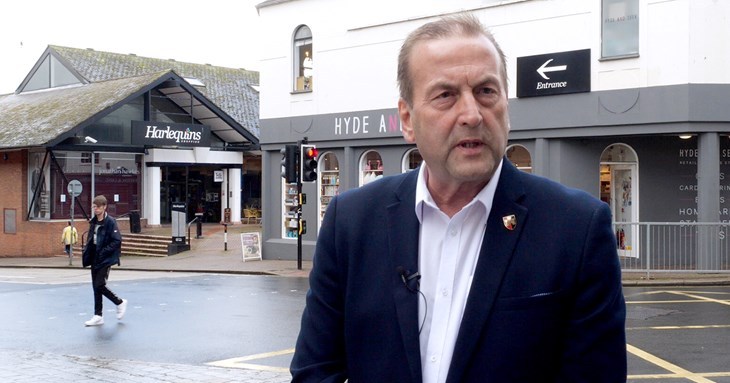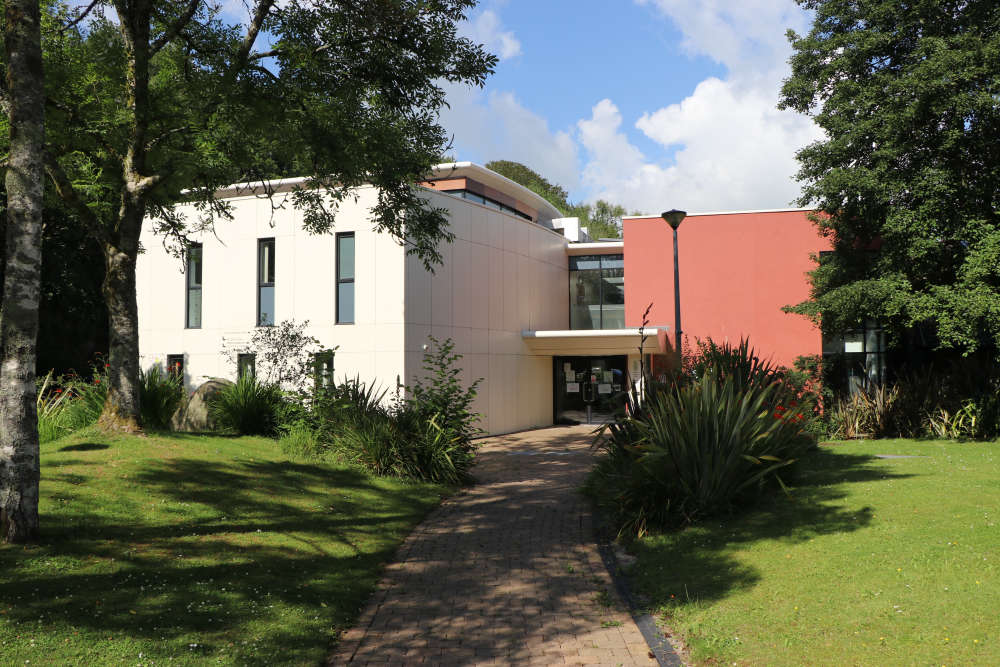
Combined authority would bring £16 million in first year
Conservative and Labour politicians in Devon appear to be putting aside their conventional rivalry as the county’s forthcoming devolution deal undergoes public scrutiny.
Devon County Council has applied to become a Combined County Authority (CCA) in collaboration with Torbay, a move which it hopes will allow it to access more government cash and have a greater say on how to spend it.
Education, housing and transport are all areas where proponents of the CCA hope to have greater influence.
The new body would have direct control of adult education to create up to 50,000 new training and retraining opportunities by 2030.
It’s believed that £16 million of new funding would come from central govermnent to invest in new green jobs, homes, skills, and business growth to accelerate Devon and Torbay’s transition to a net-zero economy, capitalising on the area’s world-leading expertise in green science and technology.
Consultation events are now taking place across the county. At one in Exeter on Friday, city council leader Phil Bialyk (Labour) and Devon’s Rufus Gilbert (Conservative, Salcombe), who is responsible for economic development on the county council, agreed on the potential benefits a devolution deal could bring.
“It is good to have a plan to move forward that involves addressing the enormous issues we face, like housing and the economy, and working together more closely to bring greater and better quality decisions in the future for the benefit of all our communities,” Cllr Gilbert said.
“We should always try our best [as a county council], and perhaps we could always do a bit better, but this is why we are going down this road because this is another way of doing just that – doing it better.”
While the CCA combines Devon and Torbay, there will be some representation of Devon’s eight districts on the new authority’s board.
Two seats will be offered to represent these districts.
Cllr Bialyk said this would allow the districts to be heard, and that he, as ever, would be a vocal campaigner on the behalf of districts.
“This is a very important moment for Devon and we need to make sure that whatever shade of government, they understand that Devon is an important part of the south west economy, not just a quaint area where people come on holiday,” he said.
“Exeter has seven of the world’s top climate scientists at the university, so the government must understand that we are an important part of the region and this deal will bring powers down rather than suck them upwards; we want government to let go and let the power come down to local people here in Devon.”
Cllr Bialyk added that the county had “great proposals” for housing and skills, and that these were important to help keep young people in the county.
“Transport and housing are our most pressing issues,” Cllr Bialyk added.
“They are connected as if you don’t have good transport links then you create isolation.”
Cllr Gilbert acknowledged the housing issues in his ward, but hoped that measures announced by the chancellor, Jeremy Hunt, in this week’s Budget, might help reduce the prevalence of Airbnb rentals and holiday lets and possibly free up housing stock for local people to rent.
The six-week consultation period on the proposed CCA ends on 24 March.
The results of the consultation will be considered by both councils in April. Devon County Council and Torbay Council will consider whether they want to submit the proposal to Government, either with or without amendments, or not at all.
The Secretary of State for Levelling Up, Housing and Communities would examine any submission and make regulations setting up the CCA.
If it is agreed, the new authority would be in place by October.
 Students connect with elderly residents to combat loneliness
Students connect with elderly residents to combat loneliness
 Crackdown on anti-social behaviour in Plymouth
Crackdown on anti-social behaviour in Plymouth
 £1.6 million for more energy efficiency Devon home upgrades
£1.6 million for more energy efficiency Devon home upgrades
 SWW to build huge new Churston solar farm
SWW to build huge new Churston solar farm
 MP highlights Devon's dentistry 'crisis'
MP highlights Devon's dentistry 'crisis'
 Work on ‘once-in-a-generation’ Newton Abbot project back on track
Work on ‘once-in-a-generation’ Newton Abbot project back on track
